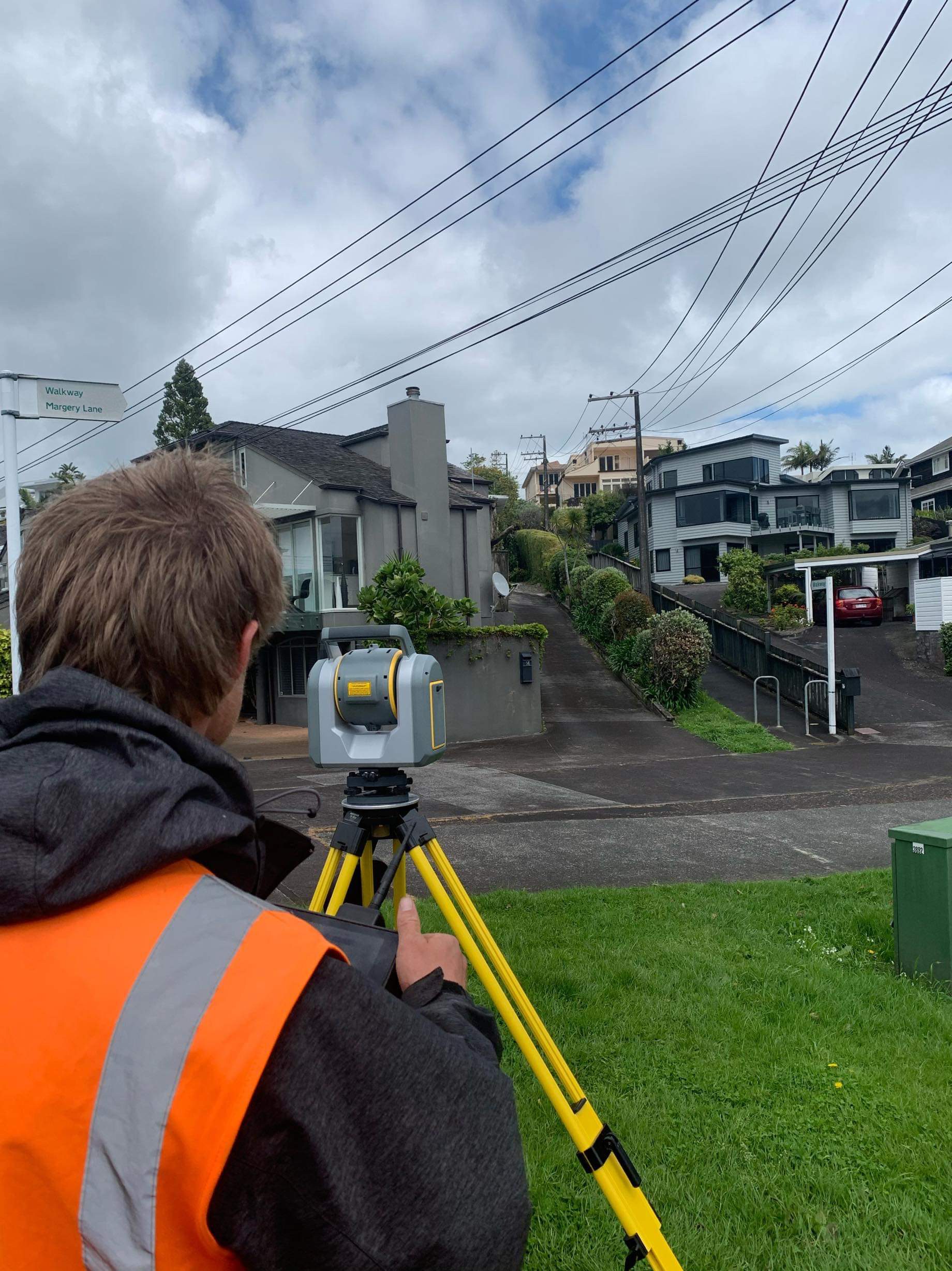
Cross Lease Titles 101 – The Why, What & How
Do you own land under a cross lease in Auckland? Trying to understand the system? Cross leases are one of the three main types of subdivision in New Zealand, and they are still quite common owing to their popularity in the past. But why were they used so frequently, and how do they work?
What’s a Cross Lease Title?
A cross lease title is a form of land ownership in which every party involved owns a portion of the land. Each private area on the property is leased by the other parties, usually for a long period, like 99 years. To put it simply, under this system, all property owners are leasing property from every other owner on the property.
Why are Cross Leases so Prevalent?
This form of land title was very common in the 70s and 80s, because they were cheaper to implement than regular subdivisions. After the introduction of the Resource Management 1991, cross leases were made a type of subdivision, so they became subject to the same costs.
A lot of people now own land that is still managed as a cross lease title, due to the way people handled subdivisions in the past. For some people, it’s not an issue, but for many, sharing the property with several co-owners can present issues. This can come up, for example, if you want to make an adjustment to your property, but the other owners don’t agree with your plans.
Other difficulties presented by Cross Lease Titles
The most common issue with cross lease titles is that at some stage the property may have been changed, but the cross lease title wasn’t updated in accordance with the changes. This can be an issue because houses can’t be sold without an up-to-date version of their title. So, any change to the footprint of a building needs to be accounted for in the paperwork before the house can be sold.
This can be a major spanner in the works for some, because updating a cross lease title requires a Resource Consent from the local Council, and this request has to be cleared by the co-owners on the title. All this can add a lot of time to the proceedings. Ultimately, property sales can fall through, as buyers may not be willing to wait for the council to respond to the application to update the title.
The other common problem is boundary disputes. Neighbours who are both co-owners on a cross lease title might find themselves in a disagreement over where one area ends and another begins. This can occur because exclusive use areas are not defined by survey pegs. So, over time, as fences are replaced or other modifications are made, these original positions become unclear unless reinstated by a surveyor.
What does it take to Switch Titles?
Most people who are living on cross lease divided property will likely take the chance to change to a freehold title if possible. This usually comes up when property owners plan renovations. However, it’s worth noting that switching titles requires the consent of all the other owners.